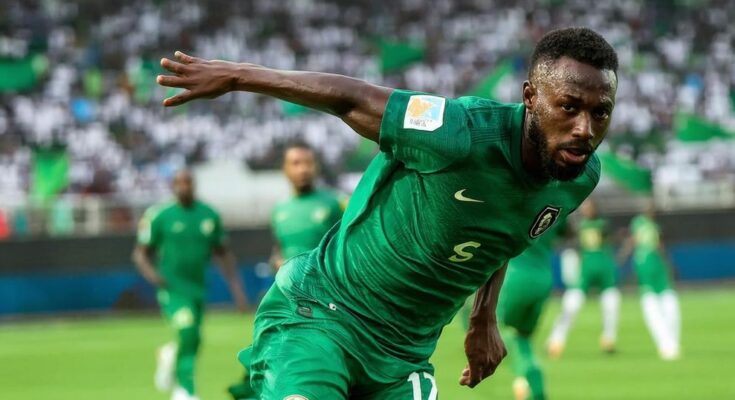The Super Eagles of Nigeria boycotted a qualifying match against Libya due to being stranded for over 18 hours after their flight was redirected. Each country presented opposing narratives to the Confederation of African Football, with Nigeria protesting their treatment in Libya and Libya recalling their own grievances from a previous visit to Nigeria. This incident reflects a pattern of logistical issues affecting international teams traveling to Nigeria.
The ongoing dispute between Nigeria and Libya escalated following Nigeria’s boycott of the qualifying match for the 2025 African Cup of Nations (AFCON) due to an incident involving the Nigerian national football team, the Super Eagles. On October 20, both nations presented opposing accounts before the Confederation of African Football’s disciplinary committee. The conflict originated when the flight of the Super Eagles, heading to Benghazi, was unexpectedly diverted to Al Abraq Airport in Bayda by Libyan authorities. Consequently, the team found themselves stranded for over 18 hours at this transfer point without food or accommodation. In response to the unacceptable treatment experienced, the Nigeria Football Federation formally protested to the Confederation of African Football. While the Libyan officials acknowledged the situation and issued an apology, they also characterized the incident as a logistical failure. The Libyan Football Federation implied that the diversion could have stemmed from previous grievances they faced in Nigeria just a week earlier. Libya’s representatives shared images and videos on social media of their team purportedly stuck at Port Harcourt Airport for three hours, waiting for transportation to their accommodation in Uyo, indicating a pattern of mistreatment. Mediterranean Knights Captain Faisal Al-Badri confirmed that Nigerian authorities denied landing rights to their chartered flight at the nearby Uyo Airport, which further compounded their challenges during travel in Nigeria. In response to these allegations, Nigerian officials refuted claims of mistreatment, asserting that the Libyan side had caused chaos during their stay. Nigeria’s Minister of Sports Development, John Enoh Owan, commented on both incidents involving Libya and South Africa, stressing that teams often attempted to land at incorrect airports and communicated their arrivals to the Nigerian authorities only after takeoff. This incident is not an isolated one; it reflects a broader historical trend of difficulties faced by visiting teams in Nigeria. Instances include the South African national team experiencing severe delays in June and the Kenyan team being stranded in Lagos during World Cup qualifying matches in 2013. Similar complaints from Nigeria’s Plateau United in November 2022 highlight consistent challenges faced by foreign teams. The ongoing conflict between Nigeria and Libya over these incidents raises serious questions about the logistical management of international football events and the treatment of visiting teams.
The situation between Nigeria and Libya revolves around logistical issues and perceived mistreatment of international football teams during their travels. Both nations have experienced incidents where teams have faced significant delays or disruptions while attempting to participate in matches. The most recent dispute included the Super Eagles’ diversion and subsequent hardships transitioning to their match venue, leading to heightened tensions between the respective football federations.
The exchange of blame between Nigeria and Libya underscores ongoing logistical challenges that hinder international football relations. Past incidents suggest a need for improved coordination and communication between countries hosting teams, ensuring adequate arrangements to prevent similar grievances in future events. Both federations must work towards resolving misunderstandings to foster positive competition and cooperation in international sports.
Original Source: www.voanews.com




